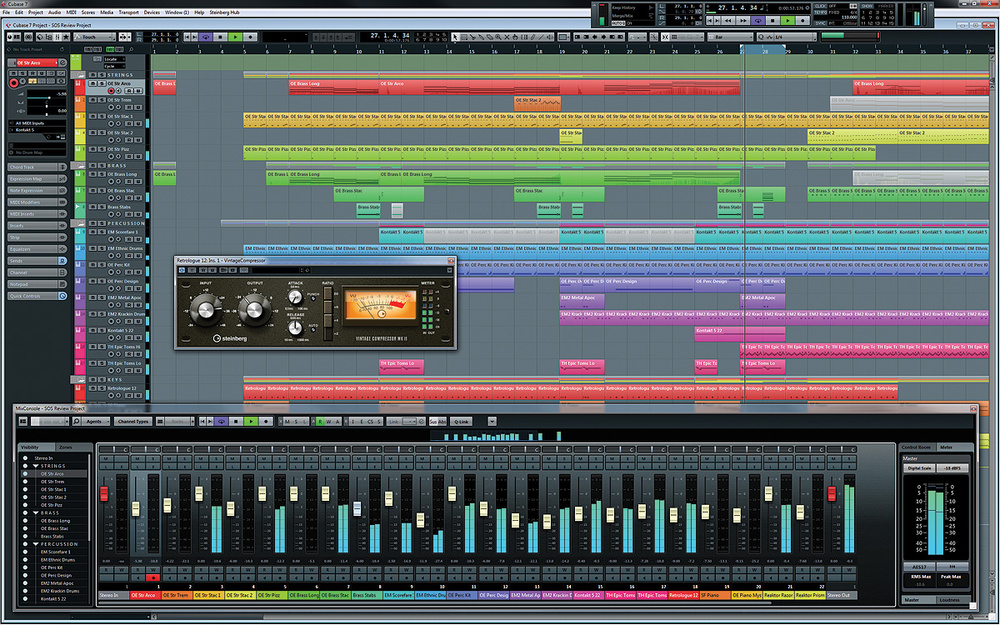
Then it will be somewhat possible to figure out whether or not that keyboard will work for your purposes, or whether it makes sense looking for some alternative (again, the latest and shiniest is not what you need to aim for). Once you have a solid interface, your experiments will actually mean something. You'll need it at some time anyway, and "Full Speed" USB1.1 at 12Mbps will go a long way before you are getting into jitter or even contention problems, so it's not like you need to break for the latest and newest. So your first step would be getting a MIDI interface of a somewhat renowned manufacturer. Ground loops can also affect the reliability of the MIDI connection as well as mess up analog connections. And the complete optical isolation of the connection is basically the main thing that has kept a 31250bps (which is what optocouplers are comfortable with) standard alive for all those decades.
#Casio ctk 710 midi controller windows 10 keygen#

My own cheap Chinese interface also messed up ground separation and thus caused a ground loop. The use of the respective cheap chip may also occur with a lacklustre interest in wiring standards. It may also be that the interface gets confused by 0 velocity key presses (sometimes used instead of key releases to save one byte of transmission). Now for single key presses there should not likely be an immediately apparent problem: this is more to be expected when multiple keys are combined by the keyboard (like when using some chord-generating automatism) and thus occur in very tight succession.

Among the reported troubles are dropped key presses and releases for chords and garbled SysEx messages. The cheap generic Midi device with the violin clef on it is renowned for causing troubles (it's not necessarily just those: I had a "Swissonic" looking differently with similar problems).


 0 kommentar(er)
0 kommentar(er)
